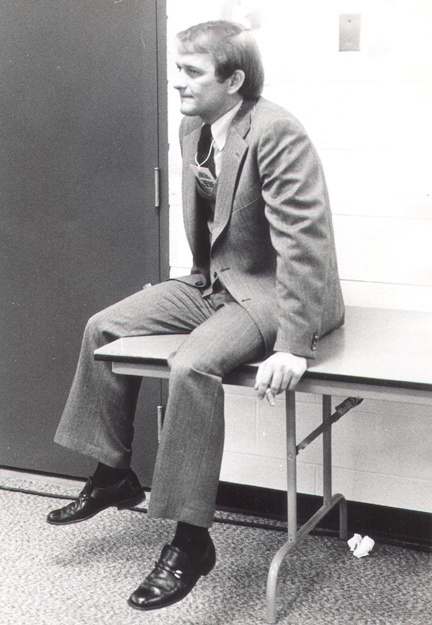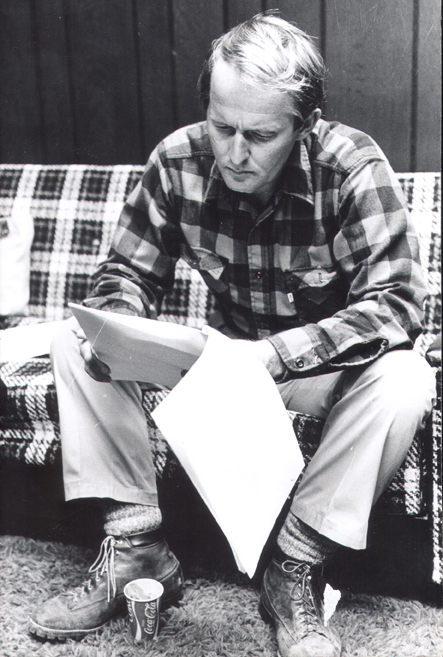The Republican Party theoretically has all the advantages looking toward November, in the gubernatorial election as well as in others: After all, more than twice as many people took a Republican ballot yesterday as voted in the Democratic. Even though she didn’t win her primary outright the way Vincent Sheheen did, Nikki Haley still got a lot more votes than he did. Her 49 percent represented more than 204,000 votes. Sheheen’s 59 percent represented only 110,000.
And the embarrassment over the winner of the Dems’ primary for U.S. Senate shows that’s a party that still has a way to go to get its act together.
But if the GOP continues to be as bitterly divided as it has been lately, if she can’t put all the bickering behind her, that advantage could melt away as Republican get discouraged and stay home, and independents move toward the more upbeat, unifying figure of Vincent Sheheen.
If history is the only guide, she has nothing to worry about: Republicans ALWAYS put their differences behind them after the primary.
But will they this year? I mean, seriously, have you ever seen it get this nasty before? And not even because of anything any of the candidates did. But the things that were done around them — the words of Will Folks, Larry Marchant and Jake Knotts, and the accusations and counter-accusations that came in response to what they said — revealed some bitter fissures that seem unlikely to heal easily.
Will the mainstream Republicans who have been so roundly criticized by Nikki actually line up behind her? I mean, her campaign from the start has been from the beginning more of a crusade against them than against Democrats. One is reminded of Democrat Pug Ravenel, who in 1974 called the Establishment Democrats who ran the Legislature a “den of thieves” — in response to which they took him to court and had him stripped of his nomination and dropped down the memory hole, a series of events that led a fed-up electorate to choose the first Republican governor since Reconstruction.
I find myself remembering something else closer to the present day. In 2002, Mark Sanford won a bitter runoff campaign to become the GOP nominee. I was greatly gratified over that, and pretty disgusted with the mainstream Republicans who had run a campaign that I felt sometimes went outside the bounds. (If you’ll recall, I strongly supported Sanford at the time. I thought he was the kind of good-government advocate that Nikki portrays herself as today.) Well, he showed them, right?
But as unpleasant as the campaign was, immediately after the runoff — I’m remembering it as the next day or so — leading Republicans from throughout the state, representing all his primary opponents, gathered on a dais outside of party headquarters for a big kiss-and-make-up ceremony at which they pledged their undying loyalty, and their unflagging efforts to get him elected in the fall. I was struck by some of the people who showed up — even Glenn McConnell, who doesn’t give governors of either party the time of day normally (McConnell’s party is the Senate more than the GOP).
I was there, and I wanted to talk to Sanford for something I was working on, but didn’t get a chance to talk to him. I did run into Jenny, and asked her to give him the message that I was looking for him. He called me later on his mobile from a car leaving town.
I said something like, “That was some event, huh? They’re really lining up behind you.” And while I don’t have the exact words in front of me, he said something life, “Yeah, well. I suppose one has to do those kinds of things.” He was MIGHTILY bored, and his voiced just dripped contempt for these former rivals who had showed up to promise to fight for him. He obviously saw himself as someone apart from and above the whole GOP solidarity thing.
Now, you know, I can’t stand political parties, and I think party loyalty is one of the most harmful forces in American politics — it fosters intellectual dishonesty, requiring that adherents always agree with the most foolish thing that a member of their party says, and disagree with the wisest utterances of their opponents. And I liked that Sanford wasn’t a typical Republican in that regard.
But even I was put off by his condescension. It was really obnoxious. But at the time, I brushed past it, moving on to the reason I had wanted him to call me. And it was just such an ODD moment — you know how it is sometimes when somebody says something really odd and off-key, and you just move past it — that I didn’t know how to take it or what to say about it.
Now I do. Now I’ve seen, over and over, the kind of contempt in which Mark Sanford holds those poor saps who came out to support him that day. Now, that remark doesn’t stand out as a stray anomaly. It fits.
More than that, they’ve seen it, too. And they are bound to be wary of lining up behind someone else who shows every sign of wanting to be just like Mark Sanford, someone who hasn’t even waited to become governor to alienate them and run against them.
So I wonder: Will the usual thing happen? Will the GOP close ranks and line up behind Nikki Haley? And will they be saps again if they do so?
















